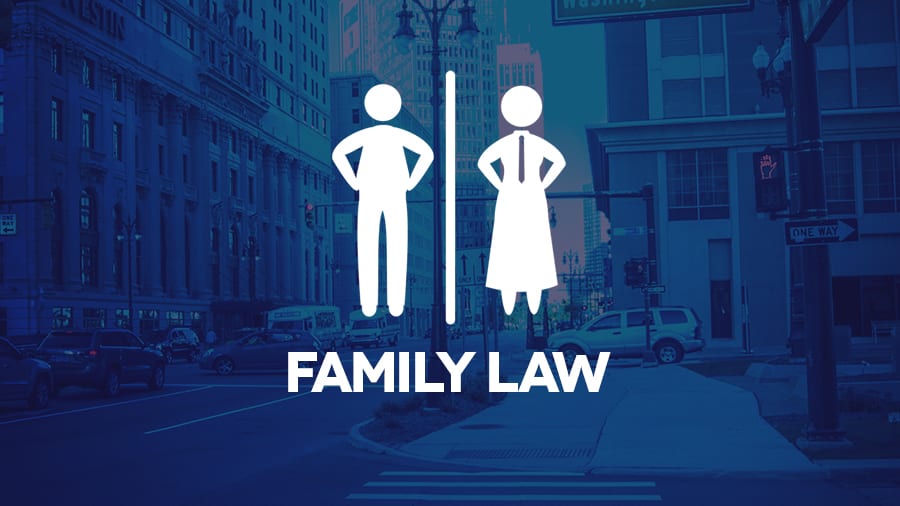Marijuana Law in Michigan


On the ballot this past November, an initiative that lawmakers, doctors, and citizenry alike had long since predicted effectively passed—recreational marijuana is now legal in the state of Michigan as of December 6, 2018. While Michigan is the first state in the Midwest to pass such legislation, Michigan is the tenth state in the U.S. to do, following behind Alaska, California, Colorado, and several others, which had previously been largely concentrated in the western part of the country. However, marijuana for medical purposes has been legal in this state for a decade now, though the legislation has not been without its fair share of complications.
According to the new law, a person who is at least 21 years old—the same age required to legally consume alcohol—may possess up to 2.5 ounces of the drug within his or her place of residence (and even more is allowed if stored in a container or area equipped with locks “or other functioning security devices that restrict access to the contents of the container or area.”) Additionally, the new law also allows for the growing of marijuana for personal and recreational uses, making Michigan only the second state to allow this practice. Any adult of age can now grow up to 12 plants in their home, with more plants allowed for licensed caregivers.
It’s important to note that while the growing of marijuana is legal for recreational purposes effective immediately, the buying and selling of the drug will not be legal for an estimated 12 more months at least. This is because the state’s Department of Licensing and Regulatory Affairs (also known as LARA) needs to issue the appropriate licenses for such business practices, which will vary for different business entities. The process for such applications isn’t expected to be ready with the state until early 2020.
Though this new law has opened up avenues for people to use the drug recreationally in this state, people are still encouraged to use marijuana safely and responsibly. From a legal standpoint, that means no operating motor vehicles while using the drug, no driving under the influence, and no public consumption. Additionally, people should be reminded that while state authorities will no longer prosecute legal marijuana possession, marijuana is still technically illegal in the eyes of the federal law. Furthermore, any Michigan employers can still prohibit the practice if they so choose, and can require testing for the drug at any time.
If you have questions or concerns regarding the new change in marijuana laws or are currently facing any criminal charge, drug-related or otherwise, contact one of our experienced criminal defense attorneys at the Law Offices of Joumana Kayrouz today at 248-557-3645.
459




